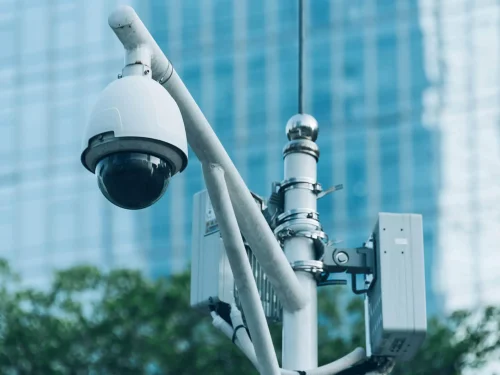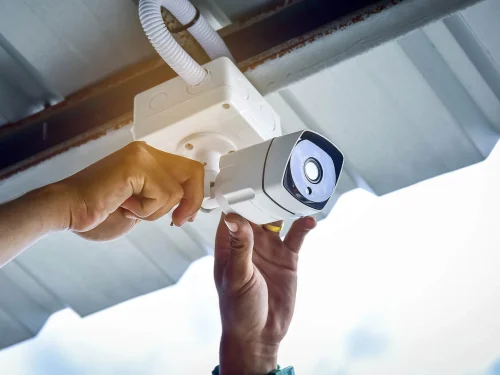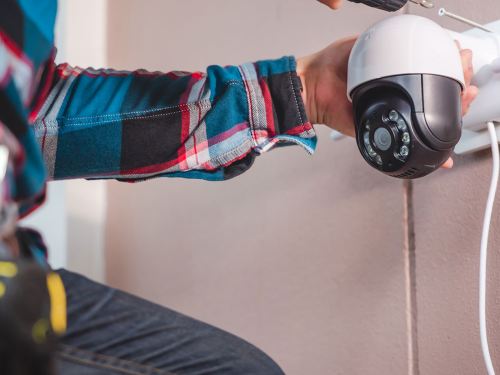In today’s fast-paced industrial world, businesses face growing challenges in securing their facilities, assets, and employees. From large factories to warehouses, the need for comprehensive security systems has become crucial. Among the most effective solutions is Industrial CCTV Installation, a surveillance measure designed to monitor, record, and deter unauthorized activities. This article will explore the advantages of installing CCTV systems in industrial settings, the technology involved, and why they are an essential investment for companies looking to safeguard their operations
Industrial environments are often more susceptible to risks such as theft, vandalism, accidents, and even industrial espionage. CCTV systems act as a crucial deterrent and response tool, helping mitigate these risks in several ways:
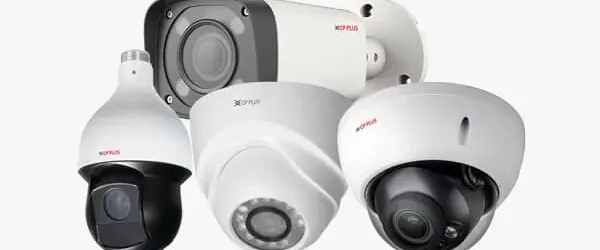
The presence of visible cameras is often enough to deter potential criminals from targeting industrial facilities. Knowing that their actions are being monitored and recorded reduces the likelihood of break-ins or theft. Even in remote locations, cameras offer an ever-present watchful eye over critical assets and entry points.
Modern CCTV systems allow for real-time remote monitoring, meaning businesses can keep an eye on operations from virtually anywhere in the world. This is especially valuable for large industrial sites with multiple facilities, where having physical security personnel in every area is impractical.
Factories and industrial facilities often involve heavy machinery and hazardous environments. CCTV systems help monitor safety protocols, ensure compliance with regulations, and quickly identify dangerous situations. In the unfortunate event of an accident, footage from the cameras can be reviewed to determine what went wrong and prevent similar incidents in the future.
Many industrial companies store valuable goods and equipment on-site, making them targets for theft. Strategically placed cameras in warehouses and storage areas can help monitor these assets 24/7. Should any theft occur, the footage can be used as critical evidence in identifying perpetrators
Different types of CCTV systems are available for installation in industrial settings, each tailored to meet specific security needs. The following are some of the most popular options:
Different types of CCTV systems are available for installation in industrial settings, each tailored to meet specific security needs. The following are some of the most popular options:

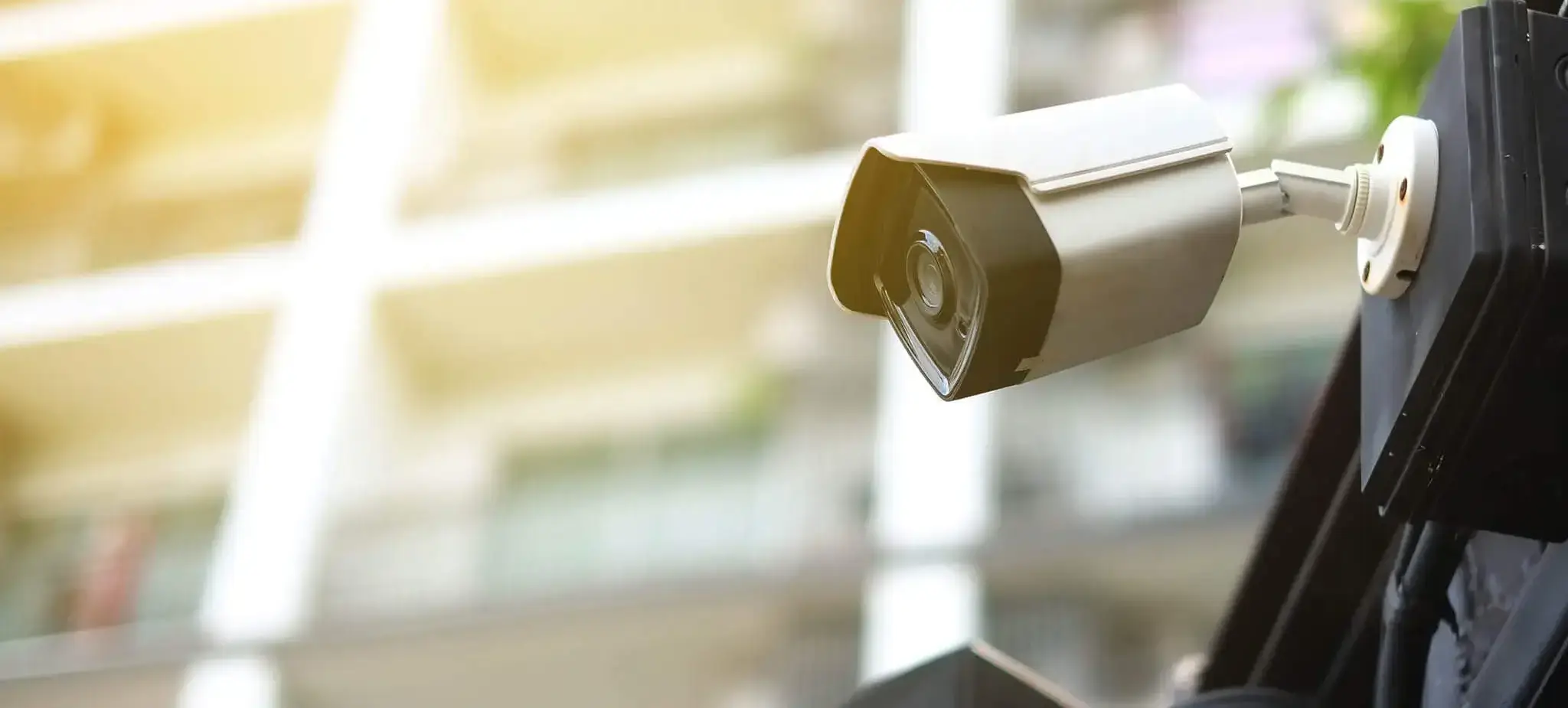
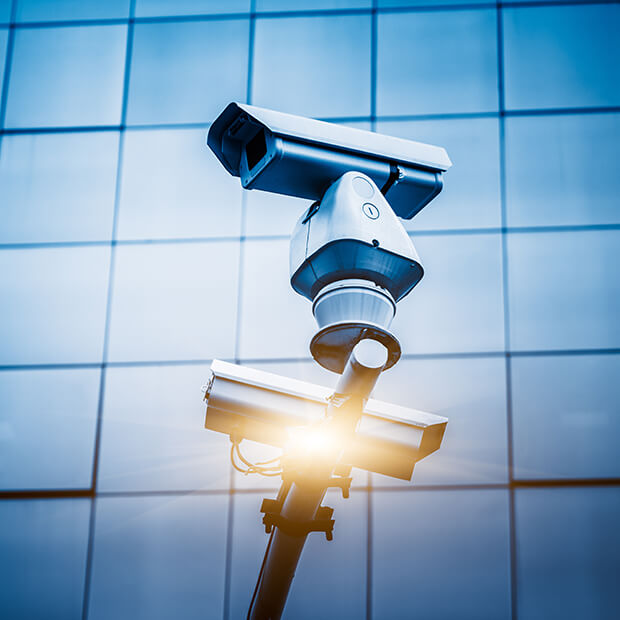
Selecting the right company to install your CCTV system is just as important as choosing the right technology. A professional installer will ensure that cameras are placed strategically to cover all high-risk areas and that the system is installed to operate efficiently in the industrial environment.
When evaluating CCTV installation providers, consider the following:
